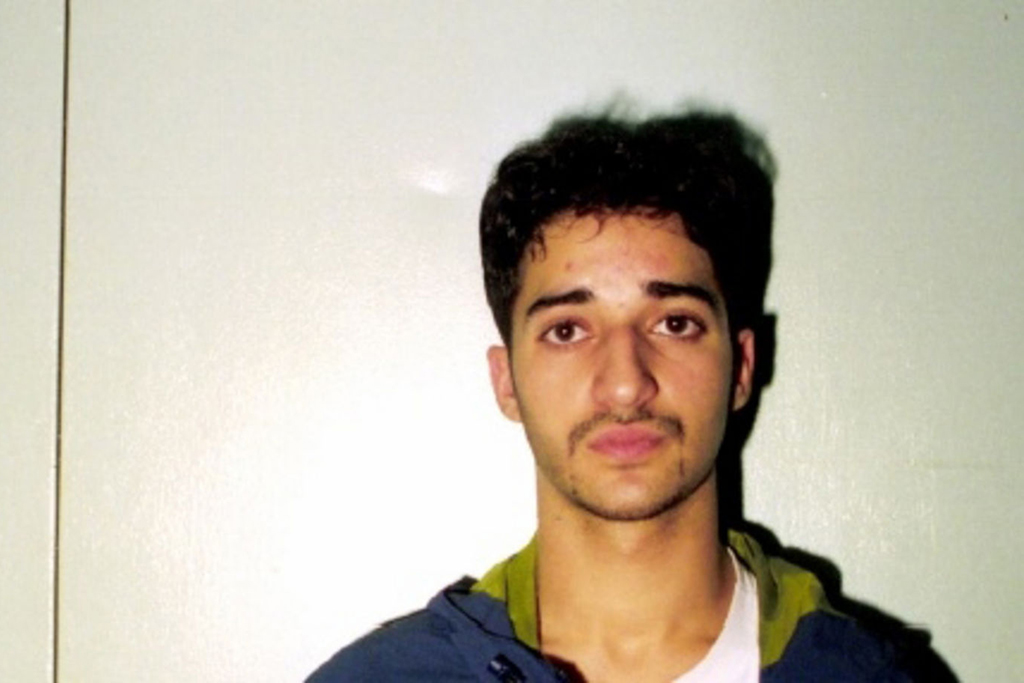The Phone Evidence Used Against Adnan Syed May Be Deemed Inadmissible; Serial’s Sarah Koenig Could Have Been Right All Along
Syed's lawyer is calling for key evidence to be excluded from the prosecution's case.

Remember that episode of Serial about the phone towers? The one that was super complicated and hard to follow, and that you only kind of understood?
Well, Adnan Syed’s attorney C. Justin Brown gets it, and he filed a motion on Monday to have the evidence it revolved around deemed inadmissible, with the aim of overturning Syed’s conviction.
Syed, 35, was charged with the murder of Hae Min Lee in 1999, after her body was found in Leakin Park, Baltimore. He has been serving a life sentence since a jury convicted him in 2000 – and in last year’s blockbuster podcast, Serial, producer and host Sarah Koenig charted the case, its contradictions, and its many and varied complexities.
The case against Syed rests on two main bits of evidence: a testimony by his “friend” Jay Wild, and two phone calls Syed received on the night in question. He got those calls at 7:09 and 7:16 pm. According to phone records, they went through a cell phone tower at Leakin Park, where the body was discovered — and the prosecution used this evidence to argue he must have been there at those times.
But according to the new motion filed on Monday by Syed’s attorney, that evidence was deemed unreliable by the phone company itself. In the cover sheet faxed to Baltimore police with the cell tower data, AT&T had included a warning: “Outgoing calls only are reliable for location status. Any incoming calls will NOT be considered reliable information for location.”
Cristina Gutierrez – Syed’s initial lawyer (now-deceased), and the Lionel Hutz of the whole operation — had included the cover sheet in her original defence submissions, but never bothered to raise it during the trial.

Syed’s original “tie” defence.
Brown didn’t let that one slide though, writing in his motion: “If AT&T, the architect and operator of the cell tower network, did not think incoming calls were ‘reliable information for location,’ it is unfathomable that a Baltimore City Circuit Court judge would have allowed an expert opinion … under this method.” If the warning had been properly raised in trial, he argued, “much of, if not all of, the cellular evidence would have been rendered inadmissible.”
If the cell tower evidence is thrown out of the trial, all that’s left to prove Syed’s guilt is Jay Wild’s testimony — which directly contradicts that of another witness, Asia McClain.
The Baltimore Circuit Court will decide whether to re-open Syed’s case and order a new trial. In the meantime, my money is on the Mailkimp girl.

–
Images via serialpodcast.org
